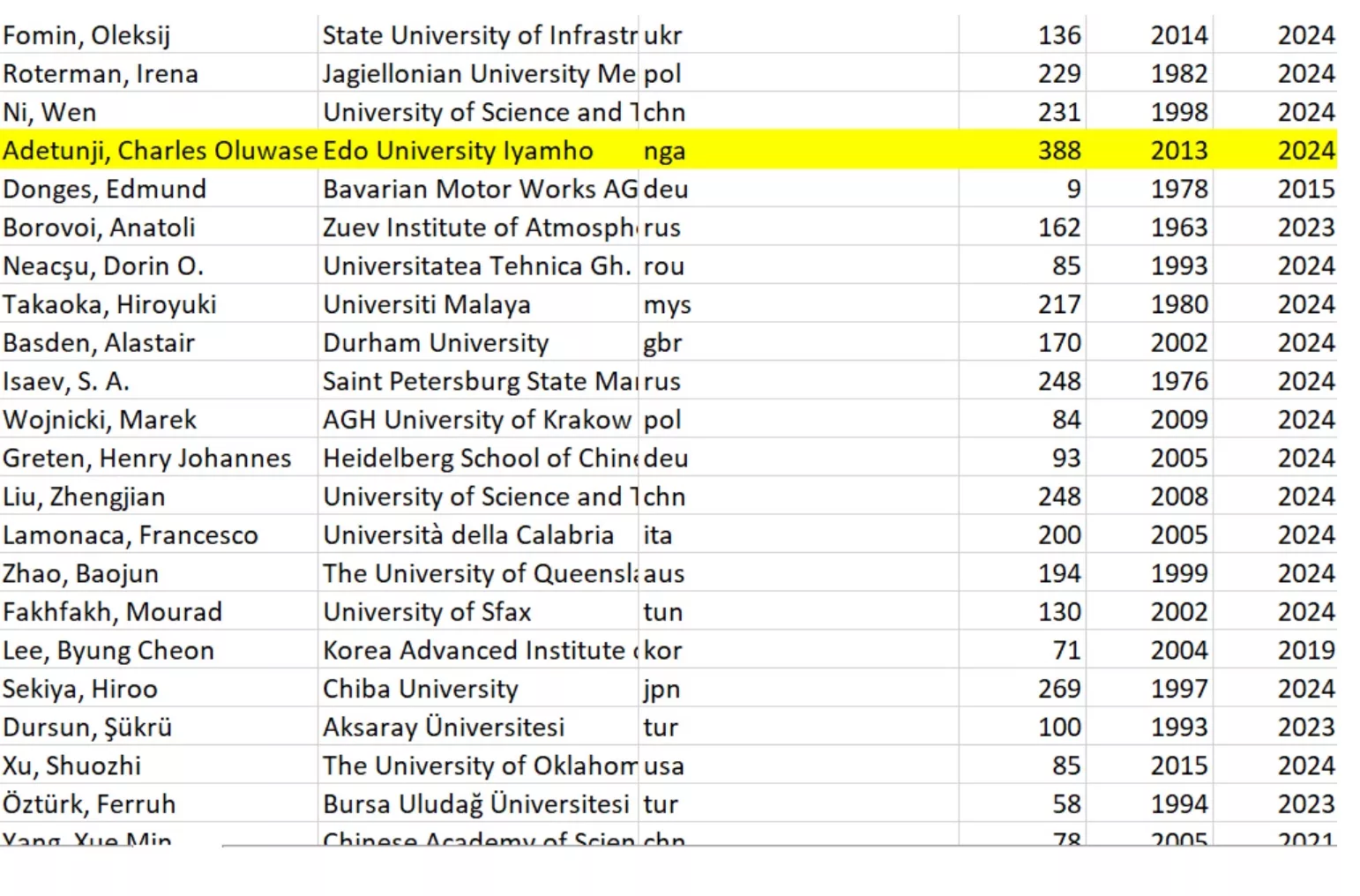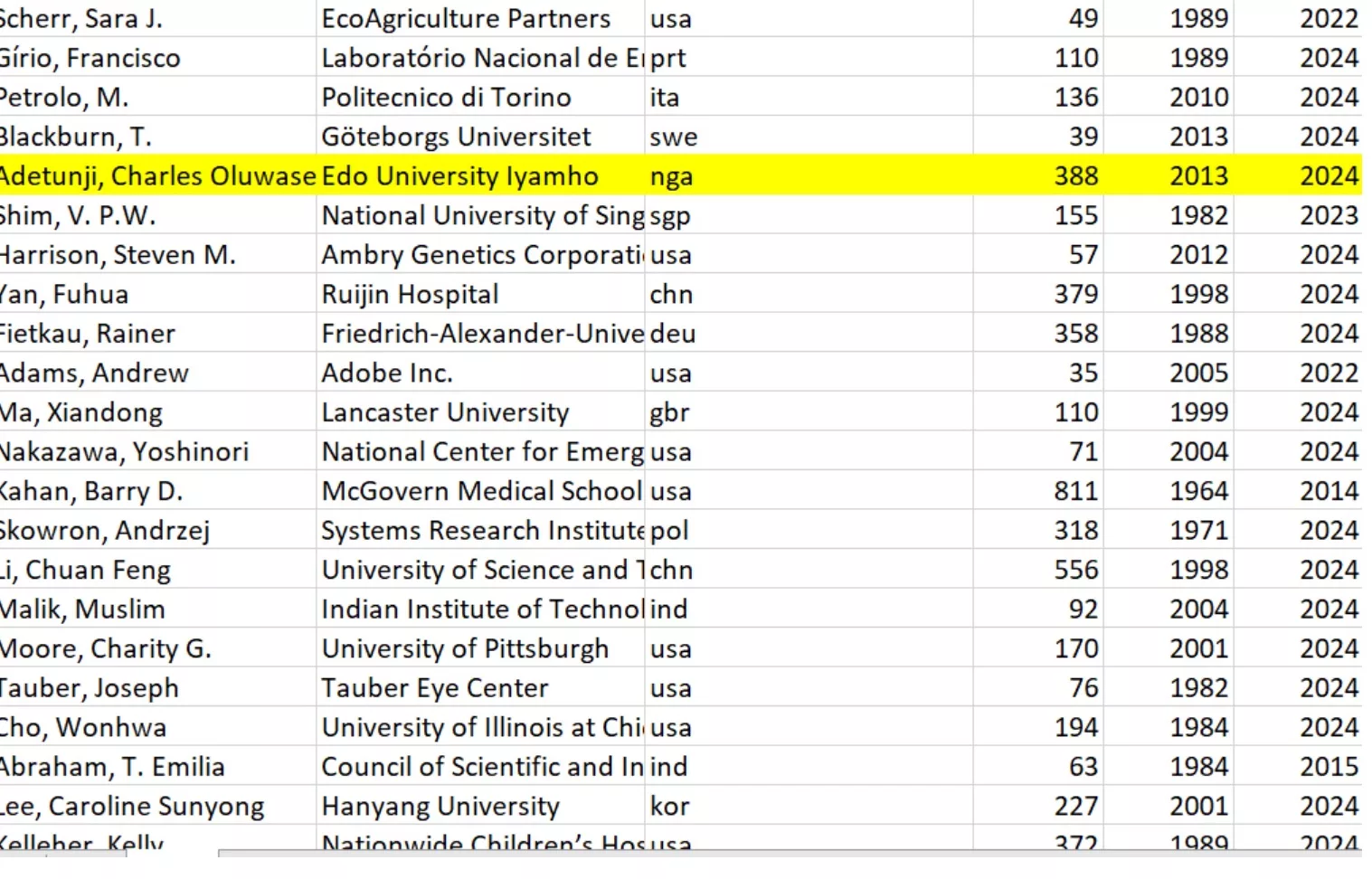|
Getting your Trinity Audio player ready...
|
Genome editing is one of the latest tools that has been developed by scientists to effect changes in organisms of agricultural, medical, and economic importance. The advent of genome editing has increased the available tools and the effectiveness of developing new productive and better-adapted organisms of economic importance.
Genome Editing (GEd) involves the deliberate introduction of mutations to the genome of an organism through insertion, replacement, or deletion of DNA sequence. GEd usually aims to improve desirable traits of a crop or livestock. It enables modifications at specific sites of DNA through a DNA repair system (Khalil, 2020). Meganucleases (MN), Zinc Finger Nucleases (ZFNs), Transcription Activator-Like Effector Nucleases (TALENs), and the Clustered Regularly Interspaced Short Palindromic Repeats (CRISPR)-associated proteins methods of GEd are becoming popular because they are precise and do not introduce foreign DNA into the cell (Mengstie and Zawdie, 2020).








